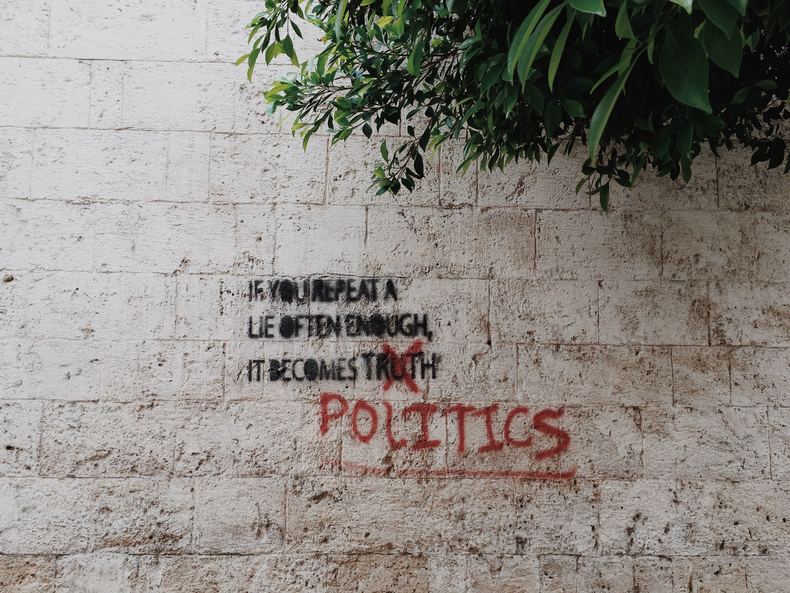
Today's New Testament reading (1 Tim 1.18-2.8) made me chuckle a bit in light of the recent clamor about Franklin Graham's call for a day of prayer for President Trump. Given his outspoken support of Republican presidents and consistent criticism of Democratic presidents, it's easy to see Graham's call as politically-motivated. I'm definitely no fan of politics, politicians, or the nauseating marriage of Evangelicalism with the GOP, but Paul's mandate for Christians to pray for their leaders is clear:
I encourage you to make petitions, prayers, intercessions, and prayers of thanks for all people, for rulers, and for everyone who has authority over us. Pray for these people so that we can have a quiet and peaceful life always lived in a godly and reverent way. This is good and pleases God our Savior.
--1 Timothy 2.1-3 GW
In a land where Christian heritage is part of the landscape, a call to pray for leaders who are historically at least nominally connected to the Christian faith is by no means offensive or remarkable. In the context of the Apostle Paul, this call was downright scandalous. The church praying for pagan rulers, for the ones who would (shortly after this letter was penned) order their persecution, for their earthly enemies...this is not something that likely received hearty "Amens!" when it was read and circulated through the early church.
As usual, the Church Fathers speak eloquently and directly to these prayers. St. John Chrysostom preached on this text:
The soul of some Christians might be slow at hearing this and may resist this exhortation. For at the celebration of the holy mysteries it may be necessary to offer prayers for a heathen king. Paul shows them the advantage of fulfilling this duty at least to reconcile them to the advice, “that we may lead a peaceable and quiet life.” … For God has appointed government for the public good. When therefore they use force for the common good and stand on guard for our security, isn’t it reasonable that we should offer prayers for their safety in wars and dangers? Such prayers are not excessive flattery but agreeable to the rules of justice.
--Chrysostom, Homilies on 1 Timothy
So, leaving politics to the politicians, let us lift our hearts in unison to pray for our leaders on both sides of the aisle--not that our party or our ideals might prevail, but that "we can have a quiet and peaceful life always lived in a godly and reverent way" by the grace of God.
Photo by Brian Wertheim on Unsplash
